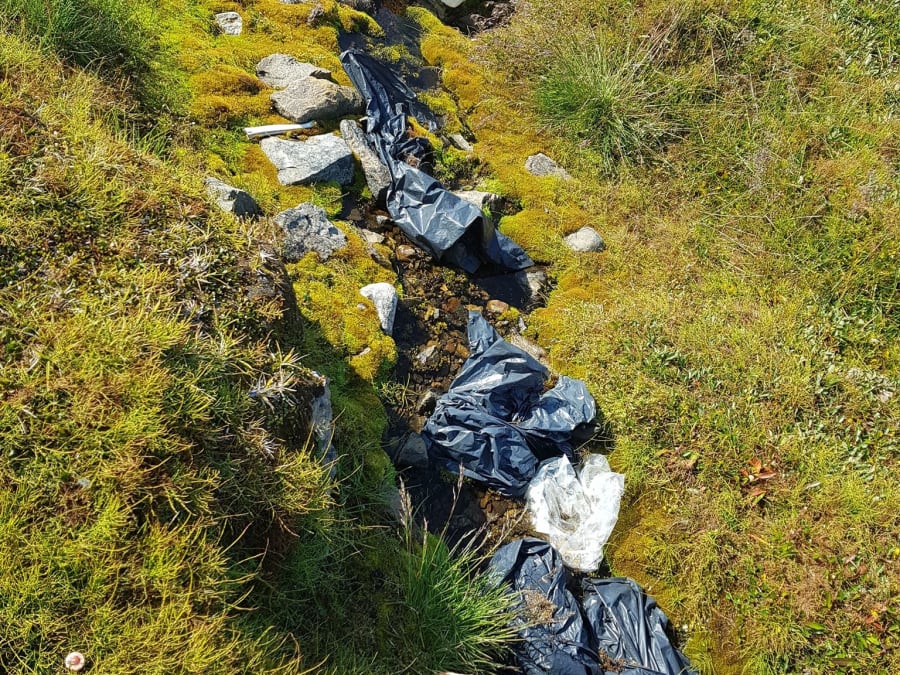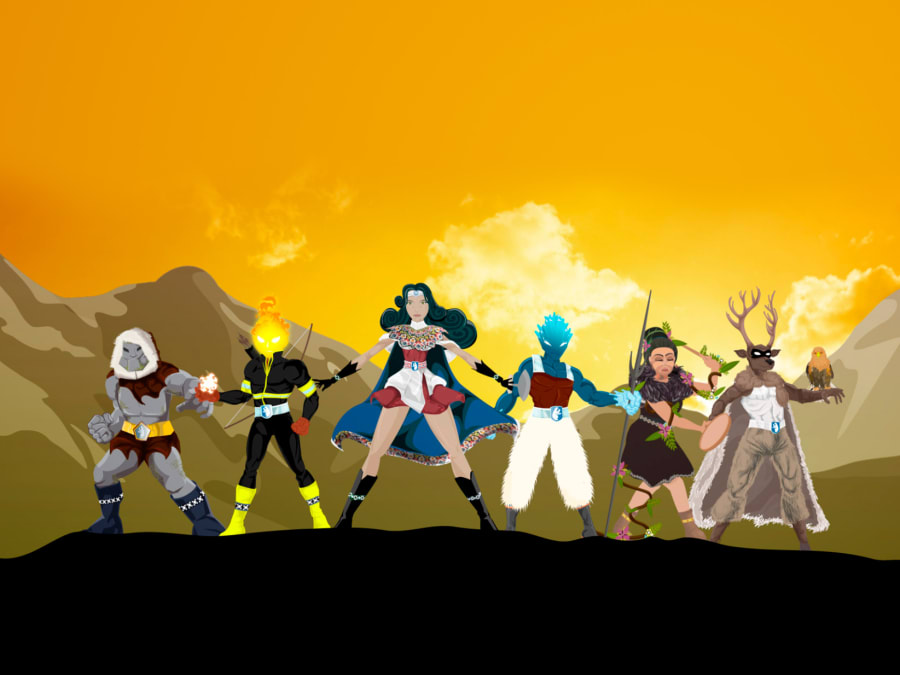Goal 4 is about ensuring day care for pre-school children and free primary school and youth education for all, so that all young people and adults can read and count. Through quality education, vocational skills must be increased and gender inequality eliminated.
The Government of Greenland considers education as the key to the sustainable development of the country. Fortunately, the number of people who completed an education at the youth education level or above has doubled since 2005 and up to now. In the period up to 2016, the number increased numerically from a little more than 500 to over 1000 annual completed training courses. Despite this positive development in completed educational courses, there is a room for improvement in the quality of primary school and work is being done to raise the level of education. It remains a major challenge that many do not start on a youth education, and among those who do, there is a large dropout rate.
The Government of Greenlands many efforts in the field of education are part of a long-term strategy to promote the country's development towards a more self-sustaining economy. A crucial precondition for that development is a well-educated population. Education starts already in preschool age, and here it must be ensured that both children outside and in day care have the opportunity to develop in a safe environment. In this way, they become confident, learn to show respect for each other and achieve a basic mental and physical state of health.
Education liberates the intellect, unlocks the imagination and is fundamental for self-respect. It is the key to prosperity and opens a world of opportunities, making it possible for each of us to contribute to a progressive, healthy society. Learning benefits every human being and should be available to all.













